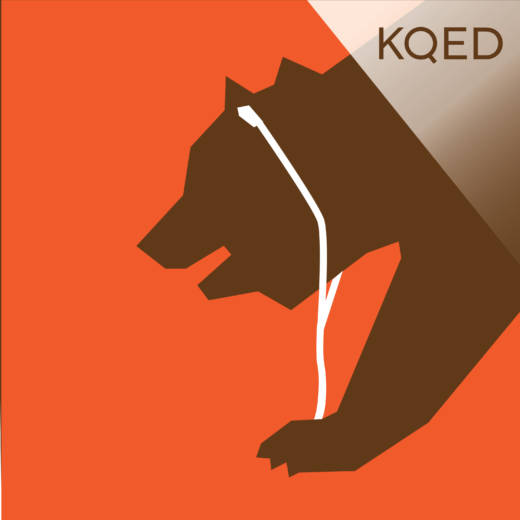Three Refugees, Three Journeys to California
The California Report Magazine recently won an award from the Society of Professional Journalists for a show highlighting the stories of three Californians who have journeyed to the U.S. as refugees at different points in history. It originally aired in February 2017 after President Trump announced his initial travel ban and plans to stop admission of certain refugees. We bring you these stories again, along with updates on where the three refugees are now.
Exploring the Refugee Experience
Our show begins inside a brand new cafe in Berkeley. The baristas are all refugees, and the name -- 1951 Coffee Company -- refers to the 1951 Refugee Convention. It defines who refugees are and the protections nations must give them. It was signed by 145 nations in the aftermath of World War II.
Syrian Family Puts Down New Roots in Oakland
One of the baristas at the café is a recent arrival. Batool Rawoas has been in the United States just under two years. She’s learning about coffee, but also about customer service and California culture. Reporter Laura Klivans went to her family’s home in Oakland, to talk with her parents, and get the story behind their 7,000-mile journey from Syria to the San Francisco Bay Area.
Vietnamese Author Shares Stories of Southeast Asian Refugee Families, Including His Own
Viet Thanh Nguyen was 4-years old when he fled his home country. He is among the hundreds of thousands of refugees who came to the United States after the war with Communist Vietnam. The Southern California author won the 2016 Pulitzer prize for his novel “The Sympathizer.” He talks with host Sasha Khokha about his newest book, a collection of short stories called “The Refugees.”
Jewish Man Who Fled Nazis Reflects on Layered History of Refugee Policy in United States
In December 1945, President Harry Truman issued a directive allowing displaced people from Europe to come to the United States. But it wasn’t only for humanitarian reasons. The U.S. was concerned about geopolitical stability in Europe. Truman’s decision to accept those refugees came just in time for 95-year-old Ben Stern of Berkeley. He was one of the passengers on the SS Marine Flasher, the very first ship carrying Holocaust survivors to arrive in the U.S. after the war. Host Sasha Khokha spent time with him and shares his story.

